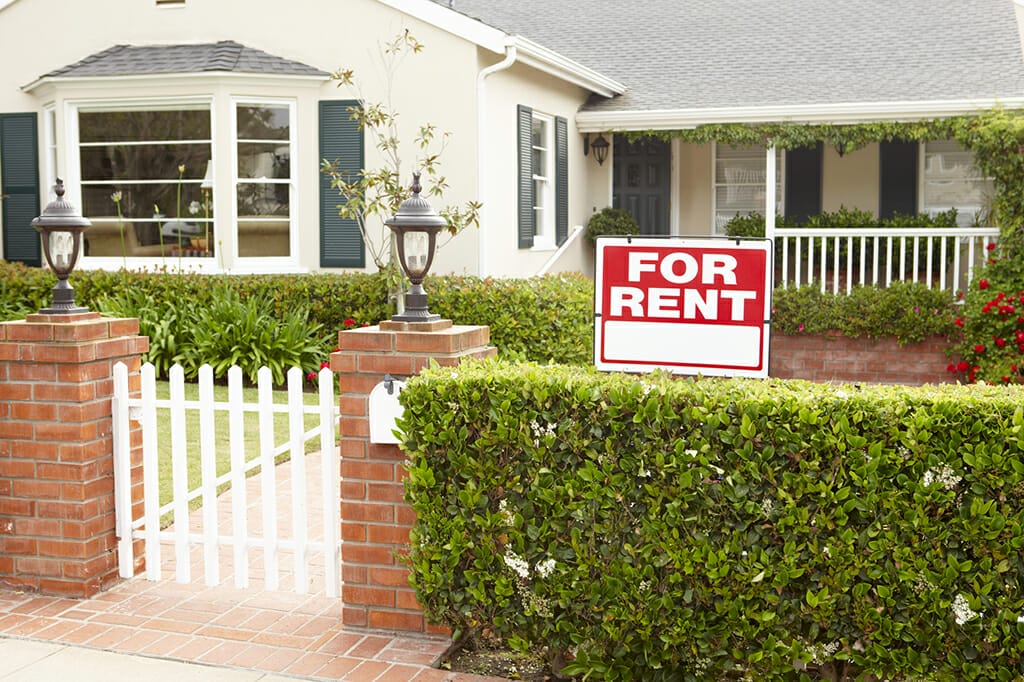AB 1482, also known as the California Tenant Protection Act of 2019, limits rent increases and requires landlords to have a “just cause” in order to evict tenants. The law applies to most rental properties in California, with some exceptions.
- Just cause for eviction
There are 12 reasons that a landlord can use as just cause for eviction under AB 1482. These reasons include:
- The tenant has failed to pay rent.
- The tenant has caused substantial damage to the property.
- The tenant has engaged in illegal activity on the property.
- The landlord is moving into the property or a close relative is moving in.
- The landlord is demolishing or substantially remodeling the property.
- The landlord is selling the property and the new owner intends to occupy the property.
- The tenant has violated a material term of the lease.
- The tenant has been convicted of a crime that poses a threat to the health or safety of other tenants or the landlord.
- The tenant has received a notice to vacate from a government agency.
- The tenant has been issued a rent control ordinance that requires the landlord to evict the tenant.
If a landlord wants to evict a tenant for a reason that is not on this list, the eviction will be considered “unjust” and the tenant may be able to fight it in court.
- Rent increases
AB 1482 limits rent increases to no more than 5% + local CPI (CPI = inflation rate), or 10% whichever is lower. This means that landlords can only raise rent by a certain amount each year, even if the market rent for the property has increased more than that.
There are some exceptions to the rent increase limit, such as when a landlord is making capital improvements to the property. However, these exceptions are narrow and most landlords will be limited to a 5% + local CPI rent increase each year.
- Exemptions
Not all rental properties in California are subject to AB 1482. The law does not apply to:
- Single-family homes and condominiums that are not owned by a corporation, real estate trust, or LLC with at least one corporate member.
- Rental properties that were constructed within the last 15 years.
- Rental properties that are subject to local rent control ordinances that are stricter than AB 1482.
- Rental properties that are restricted to low- or moderate-income households.
If you are a landlord in California, it is important to understand your rights and obligations under AB 1482. If you have any questions, you should consult with an attorney.


